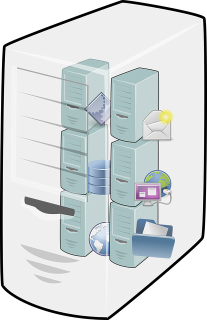KVM (Kernel-based Virtual Machine) is a virtualization technology built into the Linux kernel. It allows a single physical server to run multiple virtual machines, each with its own operating system and applications. This makes it possible to consolidate multiple servers into one, saving on hardware and maintenance costs.
KVM is different from other virtualization technologies such as VMware or VirtualBox in that it is a full virtualization solution. This means that each virtual machine has its own kernel and runs its own operating system, just like a physical machine. This allows for better performance and more flexibility compared to other virtualization technologies that use a host operating system to manage virtual machines.
One of the main benefits of KVM is that it is open-source and free to use. This makes it a popular choice for organizations that want to use virtualization without incurring additional license costs.
KVM is also widely supported by the Linux community, with many organizations and companies contributing to its development. This ensures that it stays up-to-date with the latest technologies and is continuously improved upon.
To use KVM, you will need a physical server with a processor that supports hardware virtualization. You will also need to install the KVM package on your Linux server and create virtual machines using tools such as virt-manager or virsh.
Once set up, KVM allows you to easily create, manage, and delete virtual machines as needed. This makes it a great solution for testing new applications, hosting websites, or running multiple instances of an application in a production environment.
Overall, KVM is a powerful and cost-effective virtualization solution that is well-suited for a wide range of use cases. Its open-source nature and strong community support make it a popular choice for organizations looking to leverage the benefits of virtualization.

